Her work uses machine learning to measure mood, emotion, and other aspects of human behavior for purposes of providing early or real-time interventions for people in managing their health.


Her work uses machine learning to measure mood, emotion, and other aspects of human behavior for purposes of providing early or real-time interventions for people in managing their health.
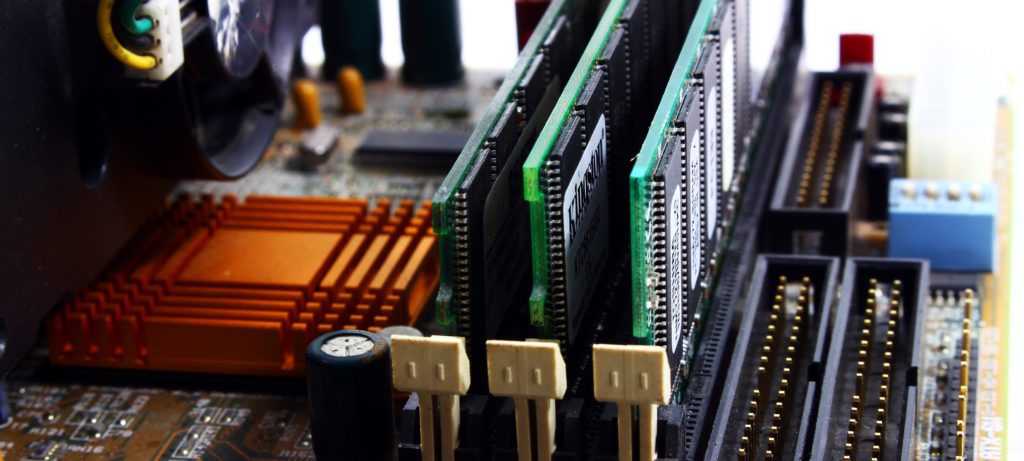
The student’s project targets critical moments where the next instruction in a program is only available in a slower type of memory.

Collaborative website launched while U-M researchers continue advanced testing.
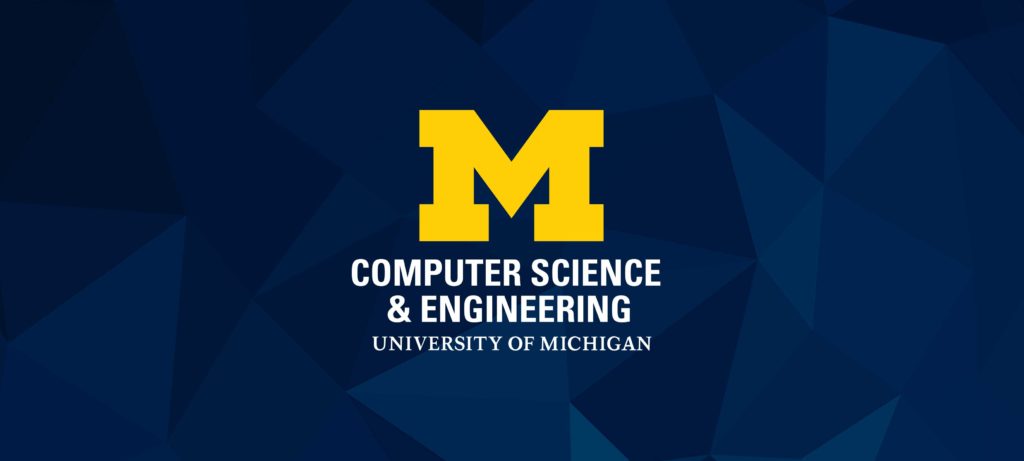
Subarno Banerjee uses program analysis to improve software systems’ safety and security.

Goel designs algorithms that can automatically demonstrate the correctness of hardware systems.
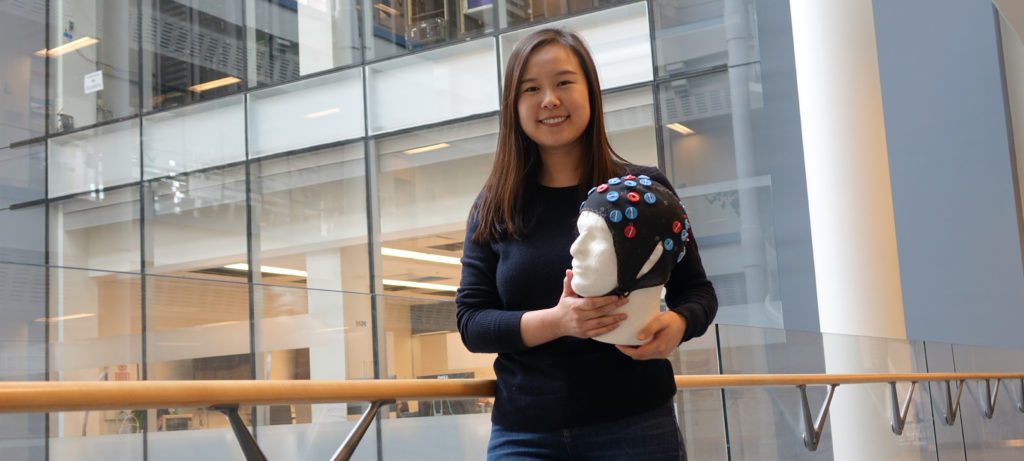
The team will use fMRI to identify some of the underlying processes that occur when a code reviewer weighs in on a piece of software and its author.
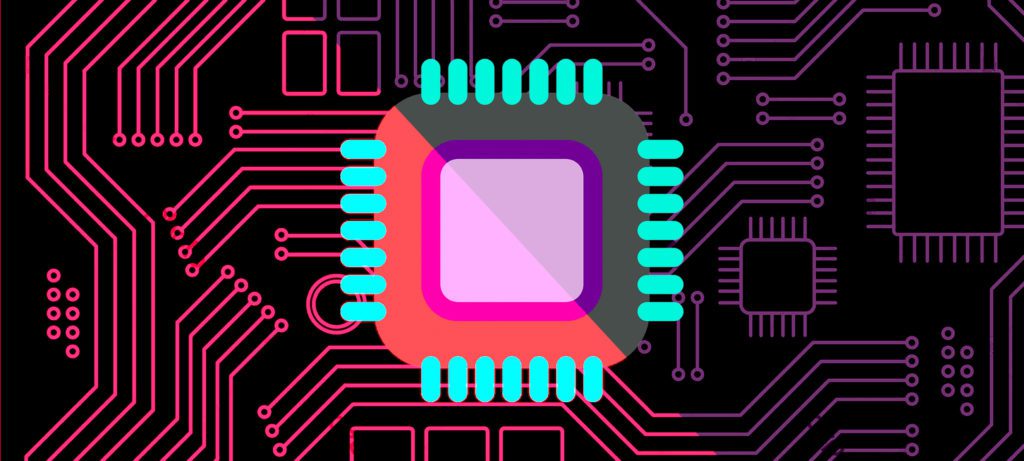
Most programs in use today have to be completely rewritten at a very low level to reap the benefits of hardware acceleration. This system demonstrates how to make that translation automatic.
How changing the rules of computing could lighten Big Data’s impact on the internet.
The post Big data, small footprint appeared first on Michigan Engineering News.

Prof. Austin is a creative, outside-the-box thinker who has produced a body of work that has had extraordinary impact in the area of computer architecture.
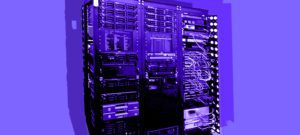
The teams designed systems for faster and more efficient distributed and large-scale computing.